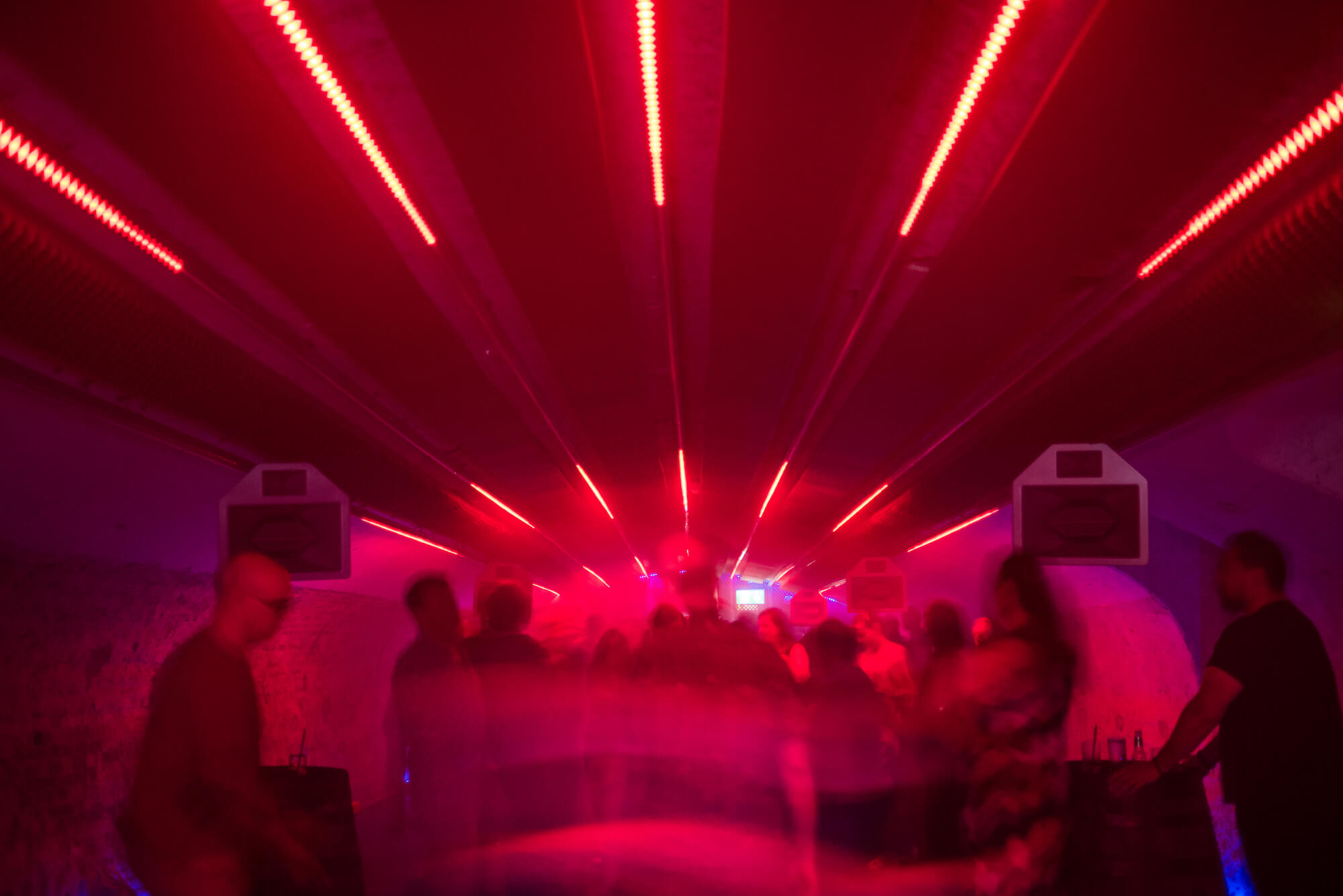This year, 2024, the Realisation Festival is focused on the soul. Most will have an intuition that soulfulness matters. Many will go a step further and actively seek ways of attending to the soul. But what might be meant by this simultaneously crucial but elusive aspect of ourselves and life in all its fullness?
I think of soul like this: soul is that take on ourselves which, nowadays, is predominantly experienced as interior and felt; the quality of being alive and knowing you’re alive, with fears, connections, movement, hope.
This is not soul in contrast to body, as if the soul were an immortal fragment that floats off when the body dies, though it is often talked about in that way. Rather, the soul is the feature of a human person that we know as an individual, particular presence. Our embodiment is, therefore, the tangible expression of the soul – the physical manifestation of psyche – which is why the soul reveals itself as, say, laughter lines on a face or the bright eyes of someone who is inwardly free. And we feel the soul in relation to love because, as Iris Murdoch explained: “Love is the tension between the imperfect soul and the magnetic perfection which is conceived of as lying beyond it.”
We can take things a step further, for it is almost impossible contemplatively to be with other creatures or so-called inanimate entities without being drawn by their soulfulness. We are struck by a landscape; it’s soul speaks to ours. We receive a moment of insight, an aha moment, and it’s as if our soul has been spoken to. And then there is, of course, music. I like the thought of C.S. Lewis that music is so powerful because it “transposes” soulful feeling between souls, across realms, and even from one dimension of reality to another.
The soulful singing of the spring robin at dusk would be an example of that. William Blake put it well: “How do you but that ev’ry Bird that cuts the airy way, Is an immense world of delight, clos’d by your senses five?”
To be aware of soul is to be on the edge of a kind of portal. The allure of soul can draw us deeper into further aspects of reality, but it also presents us with a demand. The poet Rainer Maria Rilke caught this ethical element well in the verse, Archaic Torso of Apollo. The poet-viewer reflects on the beautiful body sculptured in marble “suffused with brilliance from insight, like a lamp”, and then in the last line, feels the power of the presence in a surprising way: “You must change your life,” the poem declares.
So to know of soul is to be asked: what does that awareness help you realise – personally, culturally, socially, spiritually? The soul is really an interior interface or transitional zone that opens onto more. Conversely, when the soul is not regarded as a door of perception, to recall Blake’s phrase, then it can become a prison: a palace that is filled with interest but limited by the palace walls.
I think you see this happen when people become addicted to soul work – their preferred therapeutic, meditative, psychedelic or spiritual methodology which promises freedom but, unchecked, becomes a revolving door of one workshop after another.
Elizabeth Oldfield, whom some will know from previous years at St Giles House, has called this trap “the wellness industrial complex”, because it has an economic aspect, as well, in the co-opting of practices like yoga and meditation by companies that use them not for soulful, but financial ends. The aim is to keep employees productive by bolstering them against the forces of emptiness that would otherwise psychologically de-optimise and deplete them. This spirituality-lite “severs fruits from roots and leaves you with an armful of dead flowers,” Oldfield continues.
The soul needs more to open onto and settle into. It is not an autonomous entity, but flourishes only insofar as it gives, receives and participates with others, across time and place. Soul is in service. It has purpose. The Realisation Festival is about discerning that, too.
Photo taken at Realisation 2023
(c) Sophie Lindsay / Realisation Festival
